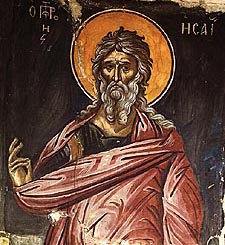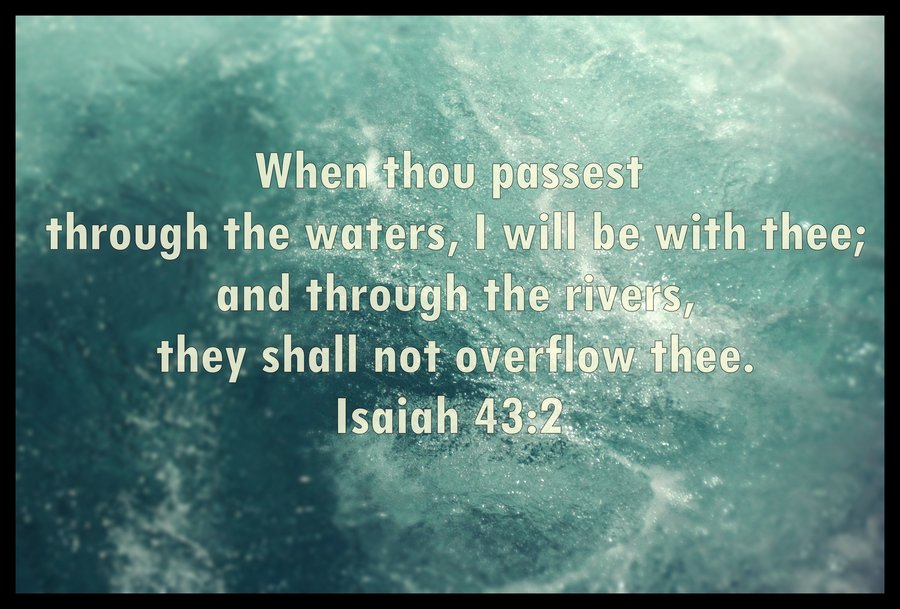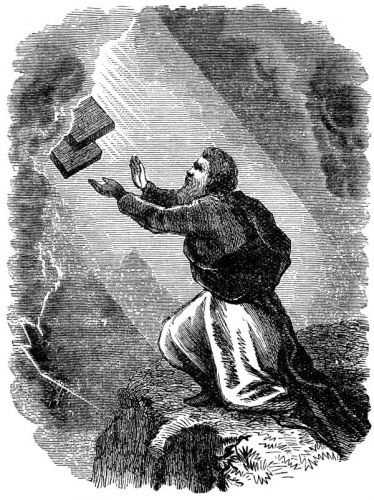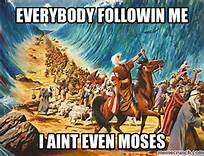If John the Baptist was here and now, what would he say about Election 2016?
Three episodes of his life stand out to me.
First, John remembered that Jesus is greater than any other leader.
His entire purpose in life was to make a smooth path for the coming 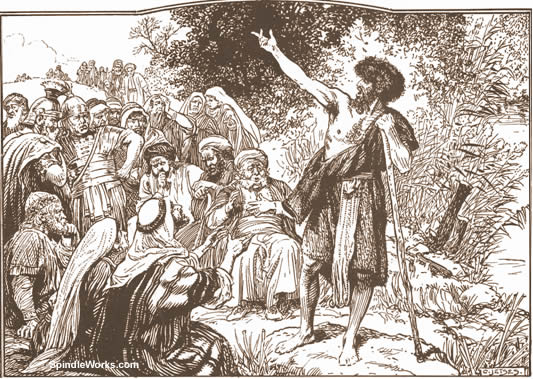 Messiah. He did this by denying himself the perks of his culture, and by telling others to get right with God. His baptism was for repentance; i.e. change your mind about what matters and change your behavior to please God. John said he was not worthy to strap Jesus’ sandal. That’s humility as a result of keeping Jesus in His rightful place as God’s anointed.
Messiah. He did this by denying himself the perks of his culture, and by telling others to get right with God. His baptism was for repentance; i.e. change your mind about what matters and change your behavior to please God. John said he was not worthy to strap Jesus’ sandal. That’s humility as a result of keeping Jesus in His rightful place as God’s anointed.
–> Election 2016. Let’s not get so wrapped up in the outcome of the Presidential race that we knock Jesus out of first place in our hearts. The Lord Jesus has survived and outlasted hundreds of horrible candidates and rigged elections! He will outlast this one too!
Second, John faced his doubts but clung to Jesus when things got confusing.
I’m remembering the time when John was in prison and was getting a bit bewildered. He had a clear calling, but it had led to his suffering. Understandably, he needed the encouragement of knowing that it was all worth it. So he sent some of his followers to ask Jesus if things were still under control out there (Matt.11).
Jesus did not fault John for this, but sent word back to him saying, in effect, “John, you would be so jazzed to see what I’m up to. People are being healed, sinners repenting, the poor are being empowered by the truth, and resurrections are happening. Keep believing and you won’t regret it!”
–> Election 2016. This is a great time to cut through all the confusion and realize that Jesus is at work today in phenomenal ways. We are living in a supreme illustration of the folly of the efforts of humankind. Our world-class democracy is like the tower of Babel — our best effort and our greatest folly. Let’s keep our eyes and hearts on Jesus Christ.
Third, John knew character mattered and did not compromise.
We learn that the reason John was in prison was because he spoke out about the immorality of Herod who had gotten involved with (affair? married?) his brother’s wife (Mt.14:3-4). Herod, perhaps tipsy on wine, made a promise he later regretted, and ended up having to execute John to save face.
When John criticized Herod, he was not keeping his views under wraps inside his believer’s fellowship. He was speaking into the public arena the moral standards of God. And he paid the price.
–> Election 2016. I’m troubled with the idea of voting for the lesser of two evils. I know there have never been any perfect candidates, either morally or in terms of issues, but the candidates in this presidential election are, to me, so flawed in character that I feel I have passed a tipping point. I have read many justifications for voting one way or the other, but I keep circling back to the obstinance of John the Baptist.
Photocredit: spindleworks.com (btw if you want a good chuckle, google “john the baptist images”; some of the depictions of this guy are so wonky; I think if there is blushing in heaven that John is tomato red)
See prior thoughts on Moses and Isaiah. Next up is Jesus.

